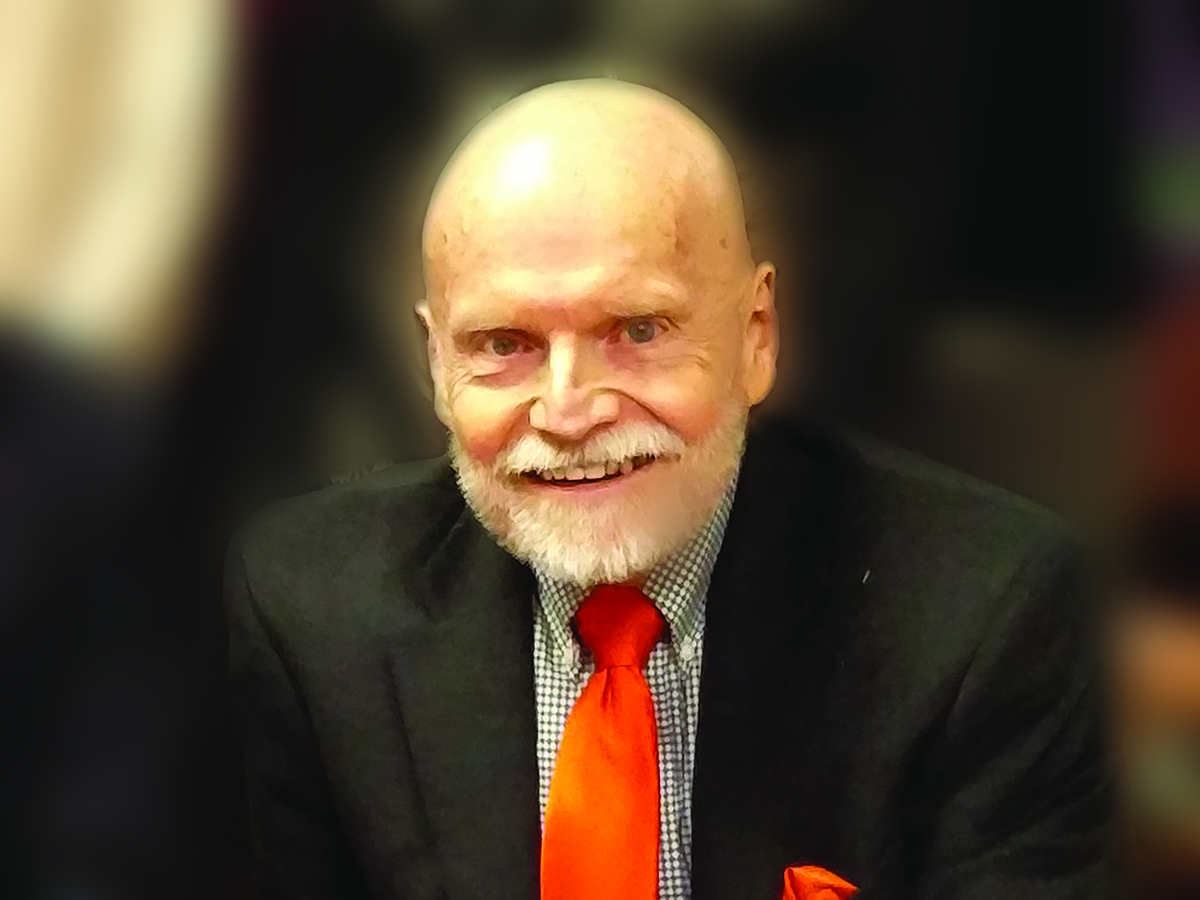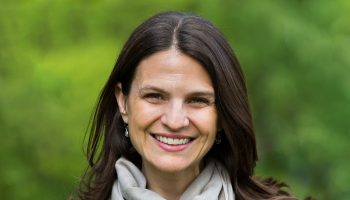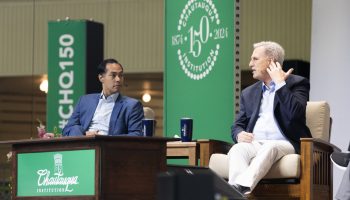For too long now, people have used doctrine to shape their behavior, both as worshippers and citizens.
Larry Greenfield believes that can be changed with another reformation, akin to Martin Luther’s revolution 500 years ago. Greenfield, executive director of the Parliament of the World’s Religions, will discuss this idea at 2 p.m. Monday in the Hall of Philosophy. The lecture will kick off Week Four’s Interfaith Lecture Series theme, “Religion and Statecraft Today: The Soft Power of Global Peacemaking.”
“Citizenship needs to be defined not in terms of nation or religion, but in terms of being a global citizen,” Greenfield said.

The title of Greenfield’s lecture, “The Re-Formation of Statecraft and the Craft of Religion: Reassessing and Realigning Power for a Global Community,” is an accurate summary of its contents. Greenfield said he will talk about how ethics should shape human behavior as a more interfaith and globalized future quickly approaches.
Most importantly, Americans can no longer think that the United States comes first, Greenfield said. The nature of our challenges, both in faith and in government, is global and therefore the solutions must be global.
“We have to worry about what the child in Guatemala is facing … as much as we do with our own kids,” Greenfield said.
Greenfield — who is ordained and is the former executive minister of the American Baptist Churches of Metro Chicago — said religions will have to take the lead in this effort because it is unlikely that nations will come together first. This is one of the goals of the Parliament of the World’s Religions, Greenfield said — asking religions to come together in harmony rather than forcing them to unity.
Climate change is one of the areas the parliament is addressing through this approach. Greenfield said rather than forcing all of their member faiths to adopt the policies of one religion’s beliefs on environment, they use the best parts of different belief systems and agree jointly to adopt them.
Greenfield said he joined the administration of the parliament because he wanted to work on big issues like climate change. He said he had felt limited in working solely within the Baptist community and wanted the ability to reach out to more religions and faiths to solve those big issues.
The opportunity to effect change on a larger scale also motivated Greenfield to devote his life to theology. He said he nearly went into business, but realized he wanted to shape the world around him through faith, not through commercialism.
Now, he’s able to use his knowledge of faith and positions of leadership to help shape a more positive world. Greenfield has co-founded the Religious Institute, a center for LGBTQ and sex education advocacy, and has been a theologian in residence at Protestants for the Common Good.
“I’m a 70-year-old white guy, not many years of my life left,” Greenfield said. “I don’t want to waste those years. … I want to use that time in a way that will enrich the lives of not only my children, grandchildren and great-grandchild, but also for children, grandchildren and great-grandchildren around the world.”




